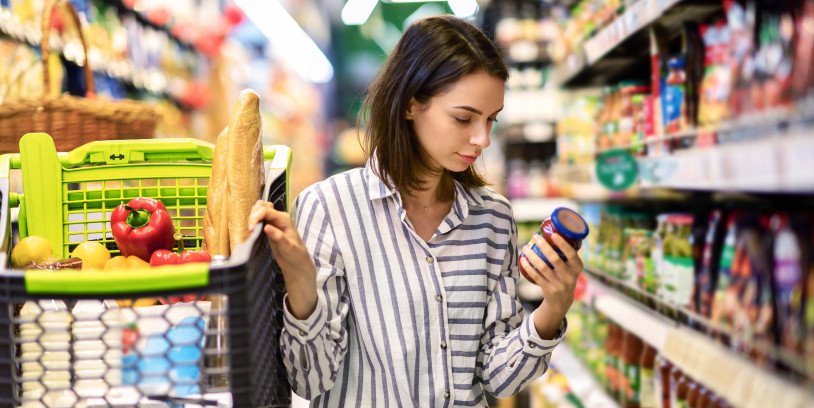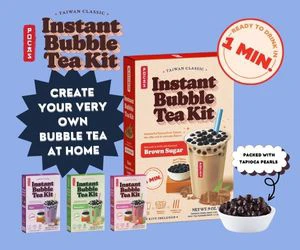Natural product sales continue to climb, and interest and usage have increased across all age groups, particularly Gen Z and Millennial shoppers buying natural/organic products, according to a recent Acosta Group Shopper Insights study.
The report provides brands and retailers with valuable information to drive growth in-store and online.
These shoppers also tend to be more affluent, placing a higher emphasis on leading a healthy life, being eco-friendly and concerned for animal welfare, and trying new products.
“When we ask natural and organic shoppers of all ages the most important influence in their product choices, the top response is their focus on being healthier, including the avoidance of chemicals, pesticides and processed foods,” said Kathy Risch, SVP, Consumer Insights and Trends at Acosta Group. “These shoppers place nearly equal importance on ingredients as they do on the price, while conventional shoppers place more importance on price alone.”
However, the study also found that when natural/organic shoppers are asked to explain the difference between natural and organic, many find it challenging, often responding that the two are “similar” or that they are “unsure.”
“This knowledge creates an exciting opportunity for brands and retailers further to educate both natural and organic and conventional shoppers,” said Risch.
Other key findings and implications from the study include the following:
- With natural/organic product sales on track to reach an estimated $300 billion in 2024, according to New Hope Network, a broad selection of natural/organic products will be expected across the omnichannel store. This will be especially relevant to Gen Z shoppers, who will have far more spending power over the next decade.
- The demand for increased label and ingredient transparency by manufacturers and retailers will rise and be a critical factor in purchase choice.
- For non-natural and organic shoppers, 73% list price as the primary barrier to purchase, with 47% saying that conventional products are “more practical” and 44% expressing skepticism about the “hype” around the products.
“This study clearly shows the tremendous opportunity for brands and retailers to find new ways to engage with the next generation consumer that is stimulating the natural and organic category,” said John Carroll, President, Digital Commerce and Advanced Analytics for Acosta Group. “To support further growth with these shoppers, a critical component is bridging the physical and digital shelf with an omnichannel strategy that will drive conversion and brand preference.”


